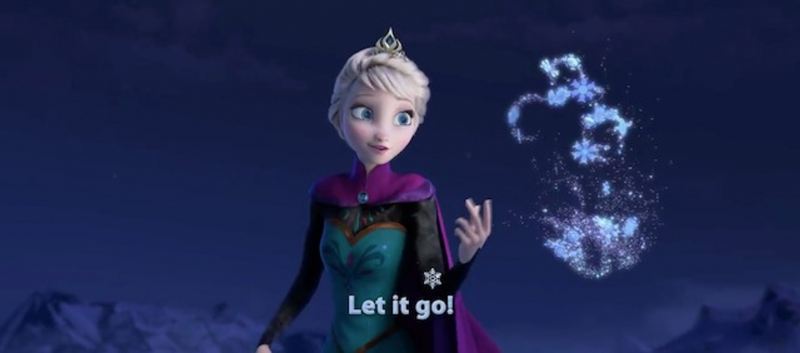But I participate in another forum where I speak directly with copyright lawyers about such issues all the time. The TL.DR version is, there is no such thing as "Fair Use".
Just a clarification, when I refer to "Fair Use", I am referring to the legal doctrine that exists within U.S. Copyright Law. It is very clearly discussed at length for anyone wanting to read it. I am NOT referring to "fair use" as it relates to being "fair vs. unfair". Fair Use is very much a real legal doctrine recognized in the U.S. and many other countries.
U.S. Copyright Office Fair Use Index
The goal of the Index is to make the principles and application of fair use more accessible and understandable to the public by presenting a searchable database of court opinions, including by category and type of use (e.g., music, internet/digitization, parody).
I quote from the U.S. Copyright Office website:
Fair use is a legal doctrine that promotes freedom of expression by permitting the unlicensed use of copyright-protected works in certain circumstances. Section 107 of the Copyright Act provides the statutory framework for determining whether something is a fair use and identifies certain types of usesΓÇösuch as criticism, comment, news reporting, teaching, scholarship, and researchΓÇöas examples of activities that may qualify as fair use. Section 107 calls for consideration of the following four factors in evaluating a question of fair use:
- Purpose and character of the use, including whether the use is of a commercial nature or is for nonprofit educational purposes: Courts look at how the party claiming fair use is using the copyrighted work, and are more likely to find that nonprofit educational and noncommercial uses are fair. This does not mean, however, that all nonprofit education and noncommercial uses are fair and all commercial uses are not fair; instead, courts will balance the purpose and character of the use against the other factors below. Additionally, ΓÇ£transformativeΓÇ¥ uses are more likely to be considered fair. Transformative uses are those that add something new, with a further purpose or different character, and do not substitute for the original use of the work.
- Nature of the copyrighted work: This factor analyzes the degree to which the work that was used relates to copyrightΓÇÖs purpose of encouraging creative expression. Thus, using a more creative or imaginative work (such as a novel, movie, or song) is less likely to support a claim of a fair use than using a factual work (such as a technical article or news item). In addition, use of an unpublished work is less likely to be considered fair.
- Amount and substantiality of the portion used in relation to the copyrighted work as a whole: Under this factor, courts look at both the quantity and quality of the copyrighted material that was used. If the use includes a large portion of the copyrighted work, fair use is less likely to be found; if the use employs only a small amount of copyrighted material, fair use is more likely. That said, some courts have found use of an entire work to be fair under certain circumstances. And in other contexts, using even a small amount of a copyrighted work was determined not to be fair because the selection was an important partΓÇöor the ΓÇ£heartΓÇ¥ΓÇöof the work.
- Effect of the use upon the potential market for or value of the copyrighted work: Here, courts review whether, and to what extent, the unlicensed use harms the existing or future market for the copyright ownerΓÇÖs original work. In assessing this factor, courts consider whether the use is hurting the current market for the original work (for example, by displacing sales of the original) and/or whether the use could cause substantial harm if it were to become widespread.
YouTube, as a private company, can and will eliminate ANY content (Original or Fair Use) based on their guidelines. Also, YouTube, in their public letter, recognizes Fair Use which is why they stepped in to intervene with "Totally Not Mark" and made a public statement about it.
Google/YouTube has an entire support page discussing their interpretation of the Fair Use legal doctrine for anyone that is curious.
Frequently asked questions about fair use - YouTube Help
Fair use is a legal doctrine that says you can reuse copyright-protected material under certain circumstances without getting the copyright owner’s permission. There aren’t any magic words to automat
support.google.com
The pros & cons, the risk vs. reward, and the myriad issues the go along with employing Fair Use generally falls upon the user (non-owner). I don't really care whether anyone does or does not employ Fair Use legal doctrine. I don't have a dog in the fight. It is like Public Domain material. Use it or don't use it, it is up to the user/creator. It is their right/risk to take.
Last edited:

